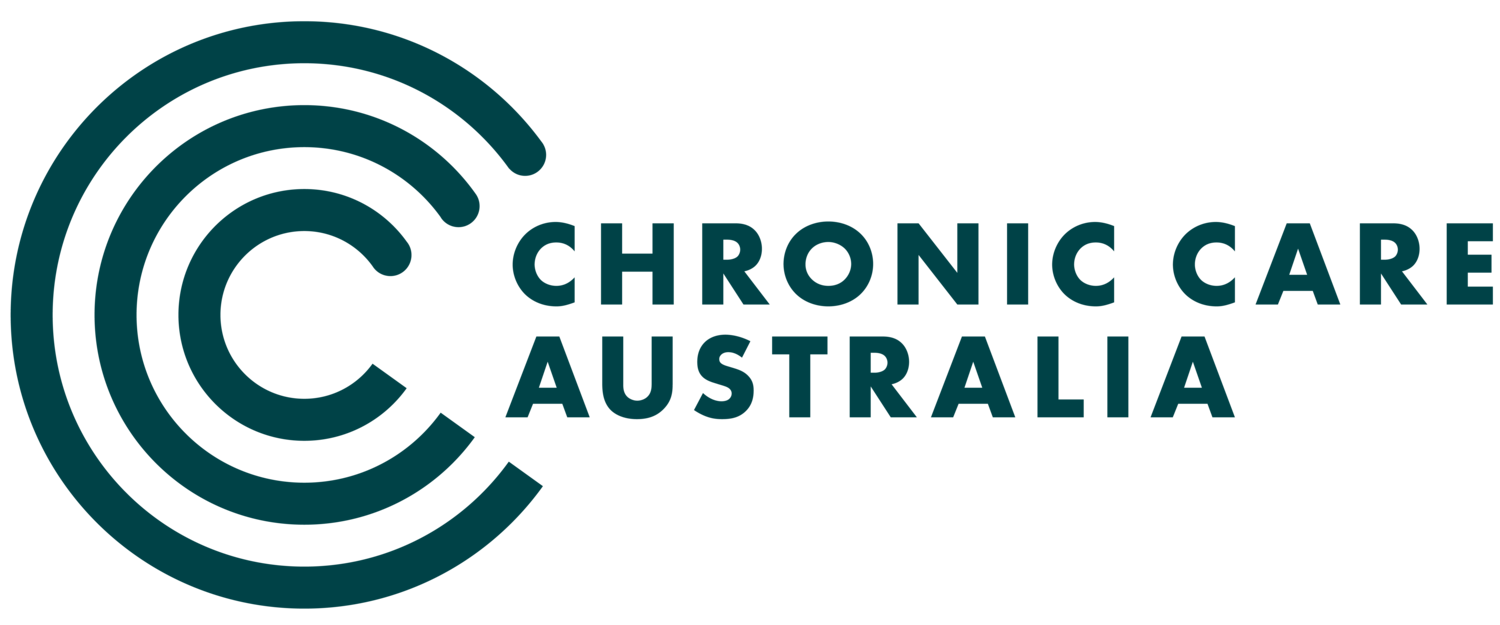Exercise and Oncology: An Evidence-Based Approach to Cancer Care.
Traditional cancer care often focuses on treatment alone, however exercise is now recognised as a fundamental component of cancer management.
Leading oncology societies, including the Clinical Oncology Society of Australia (COSA), endorse exercise as an adjunct therapy for cancer care. Research indicates that supervised physical activity can reduce cancer mortality, reduce treatment-related fatigue, improve cardiovascular function, boost immune and insulin function, preserve bone health, and support psychological well-being.
CCA’s 12-week Exercise as Medicine (EAM) program is designed to integrate safe, research-driven physical activity into cancer care, helping patients at all stages maintain strength, resilience, and overall well-being.
Register below for a FREE 10-minute consultation to discuss how structured exercise can be incorporated into your treatment plan. Enter your details, and one of our specialists will contact you to schedule a suitable time.
Have a question? Call 9385 1430 to speak to a CCA staff member today.
Specialised Oncology Programs.
Chronic Care Australia offers targeted exercise interventions for individuals with breast, lung, and prostate cancer. These structured programs address specific treatment-related challenges and are designed to support both short-term recovery and long-term survivorship.
Breast Cancer Program
Clinical studies confirm that exercise mitigates common side effects of breast cancer treatment, including fatigue, loss of bone density, and lymphoedema risk. Our program incorporates resistance training and aerobic exercise to improve musculoskeletal health, mobility, and overall well-being.
Lung Cancer Program
Exercise interventions in lung cancer management have been shown to enhance pulmonary function, increase exercise tolerance, and reduce cancer-related fatigue. Our program includes respiratory-focused training and functional movement strategies to optimise breathing efficiency and endurance.
Prostate Cancer Program
Evidence supports the role of exercise in counteracting the adverse effects of prostate cancer treatment, including muscle loss, hormonal imbalances, and metabolic changes. Our program integrates resistance and aerobic training to support muscle preservation, cardiovascular health, and mental resilience.
Advancing Cancer Care Through Exercise Medicine.
INDIVIDUAL PLANS
Every cancer diagnosis and treatment plan is unique. Our program begins with a clinical assessment to ensure that each participant receives a personalised exercise prescription tailored to their diagnosis, treatment phase, and physical capacity, under the supervision of accredited Exercise Physiologists.
SPECIALIST-LED CARE
All exercise sessions are delivered by accredited Exercise Physiologists trained in oncology rehabilitation. Their expertise ensures that exercise interventions are both safe and effective, with adjustments made to align with each patient’s evolving needs.
For more information about our Oncology Programs, call us on 9385 1430.
Virtual Care Clinic.
Our Virtual Care Clinic allows us to deliver the same high quality, clinically proven exercise medicine treatment programs for those suffering from a range of chronic mental & physical health conditions to anyone no matter where they are across Australia or around the world.
✚ Do you have a chronic health condition and live in a remote or regional area?
✚ Do you have a chronic health condition and live internationally?
To learn how you can access these services as a client or as a referring GP or specialist please click the link below.
📚 The Research.
The role of exercise in oncology is supported by a growing body of scientific research.
Exercise oncology: an emerging discipline in the cancer care continuum - PubMed
https://www.frontiersin.org/journals/physiology/articles/10.3389/fphys.2019.00645/full#ref63
Chronic Care Australia’s Exercise Medicine for Cancer program applies these clinical findings to deliver structured interventions that mitigate treatment-related complications and enhance recovery.



